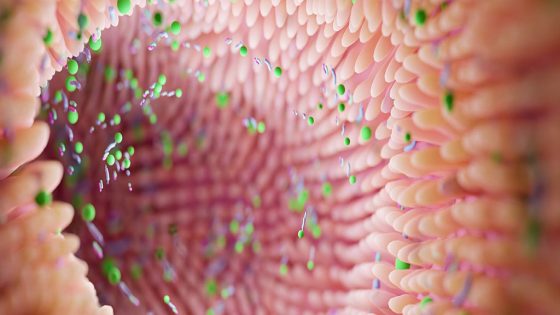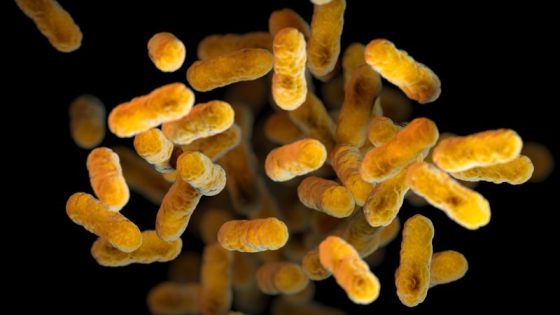Recent research highlights the intricate relationship between gut health and liver disease, showcasing the potential of fungi in improving liver function. A groundbreaking study from Peking University, published on 2025-05-01 22:05:00, reveals how the fungus Fusarium foetens may combat metabolic dysfunction-associated steatohepatitis (MASH).
- Discovery of symbiotic fungus, Fusarium foetens
- Effective against metabolic dysfunction-associated steatohepatitis
- Compound FF-C1 improves liver health in mice
- Fungus dampens Ceramide Synthase 6 activity
- Study involved 100 stool samples from China
- Future treatments for fatty liver disease possible
This study found that a compound produced by F. foetens, known as FF-C1, significantly improved liver health in mouse models suffering from MASH. With liver disease affecting nearly 1 in 3 people globally, these findings could pave the way for innovative treatments.
Could fungi be the key to better liver health? This research suggests that F. foetens interacts with gut microbiota to produce beneficial compounds. Understanding these interactions is crucial for developing new treatments.
- Consider a diet rich in fiber to support gut health.
- Stay hydrated to promote liver function.
- Limit alcohol consumption to reduce liver strain.
- Consult healthcare professionals for personalized advice.
As scientists continue to explore the gut-liver connection, staying informed about these developments can empower individuals to take proactive steps toward better health.



























